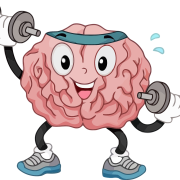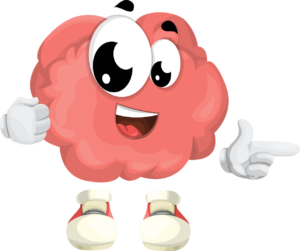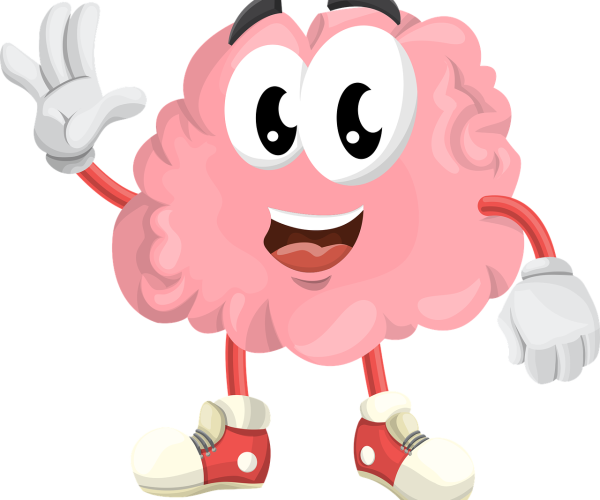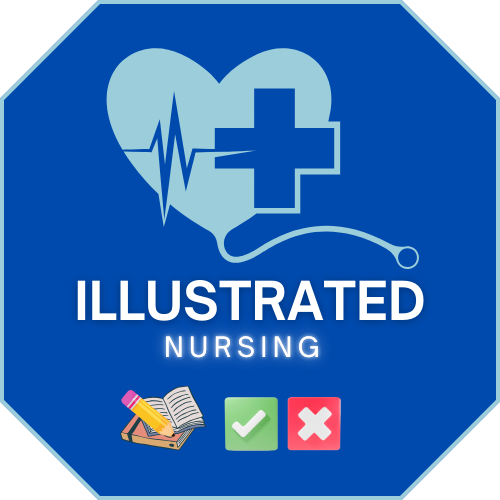Cerebral Vascular Accident (Stroke)
Types of Strokes or CVAs
A cerebral vascular accident occurs when the blood flow to the brain is disrupted, altering brain function and leading to problems with movement and speech.

Transient Ischemia Attack
Transient and brief deficits that last < 24 hours. May resolve in 30 to 60 minutes, leaving no long-term neurological deficits. Usually visual defects such as diplopia and blurred vision, transient gait imbalances, slurred speech, and confusion.

Hemorrhagic Stroke
Ruptured of a cerebral artery due to hypertension, aneurysms, trauma, and arteriovenous malformations. The compression of the brain by blood results in cerebral edema and tissue damage.

Ischemic Stroke
Caused by clot occlusion (embolus or thrombus) of an cerebral vessel due to a history of ateriosclerosis, atrial dysrhythmias, or disorders of the heart valves. Other risk factors are diabetes and hypertension. Do you know the difference between a thrombus and an embolus. Be curious! Look it up.
Signs and Symptoms
General Symptoms
- Loss of balance
- Hemiplegia. Weakness on one side of the body.
- Loss of vision
- Aphasia- difficult speaking or interpreting language.
- Facial asymmetry
- Agnosis: unable to recognize familiar objects
- Cognitive impairment
Symptoms according to location of stroke
Parietal Cortex
Hemiparesis or weakness that occurs at the opposite side of the body. Example, right parietal stroke leads to left-sided weakness and left-sided parietal stroke leads tot right-sided weakness.
Temporal Cortex
APHASIA- Problems speaking or understanding language.
Occipital Cortex
The occipital cortex controls vision. Client will have problems with vision in one or both eyes.
Cerebellum
The cerebellum controls balance. Client will have vertigo and ataxia (poor muscle control with clumsy movements).
Cranial Nerve Involvement
- Hypoglossal nerve XII= impaired tongue movement
- Trigeminal nerve V: unable to chewing,
- Cranial nerves IX (glossopharyngeal) and X (vagus): problem with gag reflex and dysphagia due to inability to swallow.
